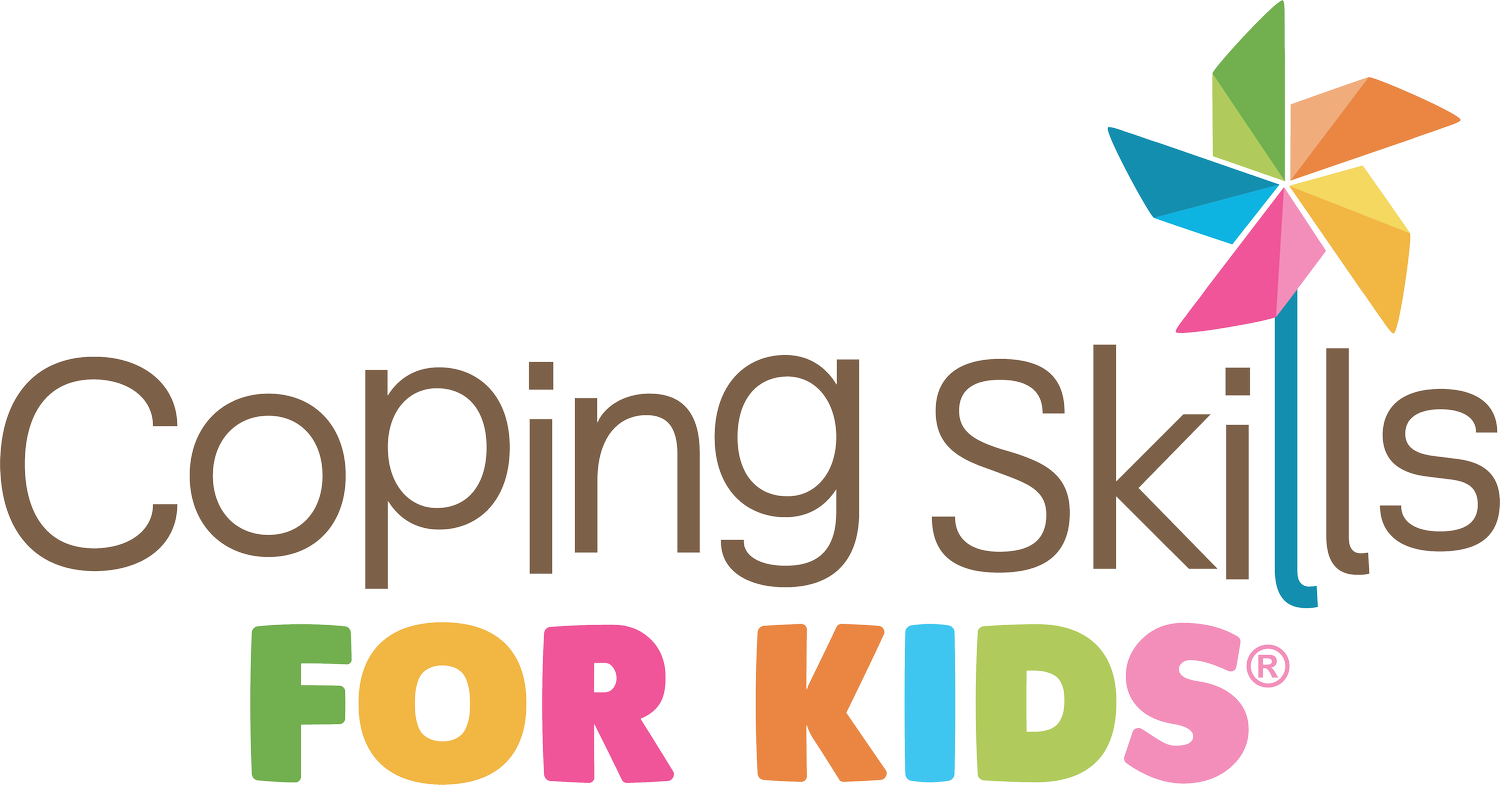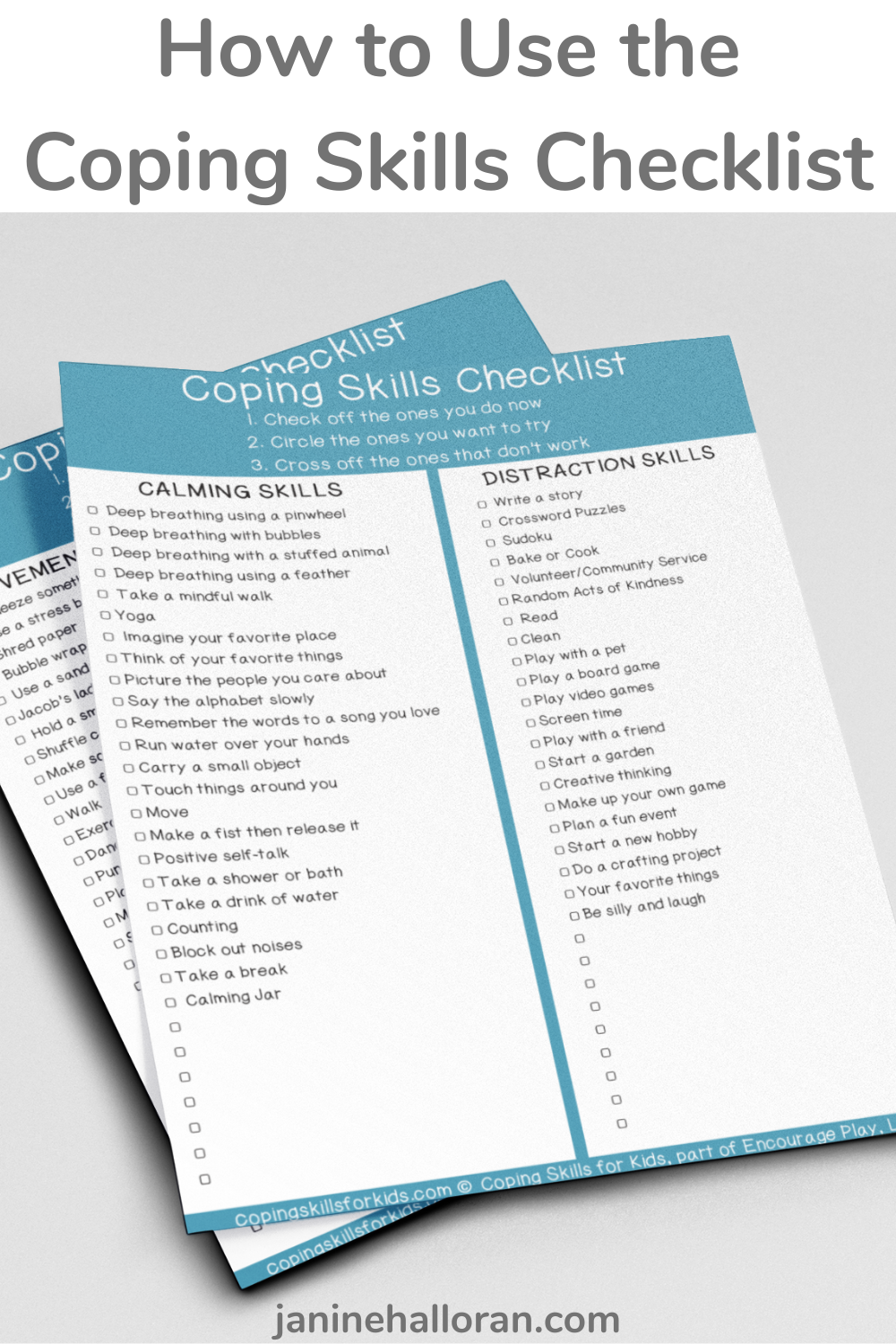Anxiety is not a bad emotion, it is one that we need to keep ourselves safe in the world. But sometimes anxiety can become overwhelming to the point that it affects the daily life of the adult or child - this is the type of worry we need to work on. What better way to learn about this than with the fantastic parent coach and psychologist Dr. Dawn Huebner who teaches us how to help kids deal with worry and anxiety.
Three Tips to Help Your Recharge and Refill Your Cup
As we all know, the pandemic has been incredibly draining on all of us therefore many of us have experienced major burn-out. This episode is all about recharging, refilling our cups and doing activities for ourselves so we can continue to raise our kids and be helpers to others who are also going through this. As they say on planes, you need to put on your own oxygen mask before your child’s i.e we need to make sure we’re looking after ourselves before we can help others.
Using a Reset Space to Support SEL
This week’s episode is all about using a reset space to support social and emotional development in the classroom. We’re approaching a new school year in this shifting, changing landscape of dealing with the pandemic and I've been thinking about the best way to support our kids through that. Now there are many variations on the name ‘reset space’ such as…
A Conversation about Mental Health and Sports with Jon Cunha, LMHC
In this episode I speak to my guest, Licensed Mental Health Counselor, Jon Cunha about mental health in the sporting world. Due to the Olympics, we’ve seen several high profile athletes such as Simone Biles, Kevin Love, and Michael Phelps speak out about their mental health issues and how they’re dealing with them. We also discussed how this is impacting the children of today, how they’re looking up to their sporting heroes speaking out about their mental health and opening up the conversation. Jon speaks about how he works with men differently to get them comfortable with therapy.
Seven Tips to Help Kids Use Coping Skills When They NEED Them
Let me ask you a question - if you had a magic wand and could fix one major problem or difficulty you have with teaching kids coping skills when they need them most, what would you change? I asked my email list this very question and got some interesting answers. This episode will give you 7 strategies to help kids use coping skills when they need them most.
The topics I cover in this episode are:
Help Kids Cope with BIG Feelings Using Their Senses
We all know the 5 senses of the human body, being sight, smell, taste, touch and hearing but have you heard of proprioception or vestibular?
Proprioception at its basic level is the information you receive from your muscles and your joints. It helps your body to understand when you are stretching, compressing or contracting a muscle. You may see difficulties with this in your child particularly in their handwriting, do they press so hard on the pencil that it breaks? Or perhaps they aren’t putting enough pressure on the pen that you can’t even see their handwriting? Proprioception works very closely with the vestibular system which is more about your brain intaking information for your balance and spatial awareness.
In this episode I run you through 7 sensory based strategies to help your child relax and manage their feelings which includes:
A Coping Skill to Try: Body Scan
In today’s episode, I wanted to try a coping skill together! It’s been such a stressful year, and I thought it would make sense to practice a coping skill together to help us relax. In this podcast, I share what got me interested in body scans in the first place and how they are related to progressive muscle relaxation. Then we’ll go through the body scan I wrote for the Coping Skills for Teens Workbook. Take a listen!
Deep Breathing Exercises for Teens
In the past, I've spoken about lots of different ways to encourage kids to take deep breaths by using shapes and other prompts. In this podcast episode, I focus on ways to help teens take deep breaths. Take a listen to hear some strategies I use with my adolescent clients and some resources you can explore to find more ways to encourage teens to take deep breaths.










